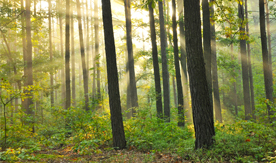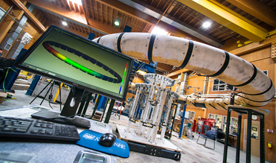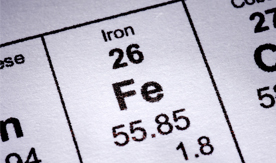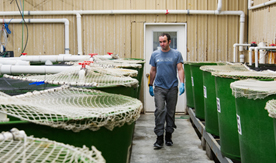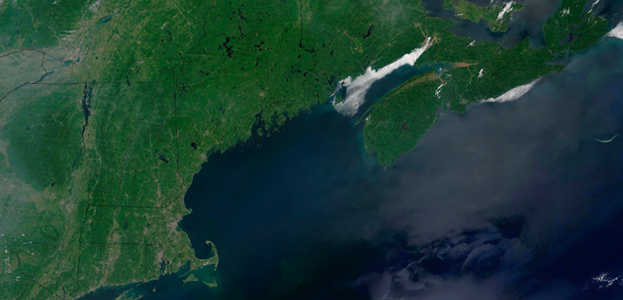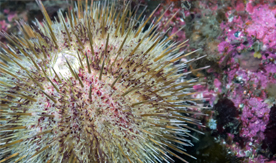Documentary Series Featuring Mayewski Wins Emmy Award
A documentary about climate change that features a University of Maine explorer has won an Emmy Award. Paul Mayewski, director of UMaine’s Climate Change Institute, appeared in the ninth and final episode of Years of Living Dangerously, which aired weekly from April to June on Showtime. Developed by David Gelber and Joel Bach of 60 […]
Read more
